On September 17, Ho Chi Minh City University of Law organized a workshop on “Resolving administrative cases in the context of reforming the judicial system in Vietnam today”, attracting the participation and discussion of many judges, lawyers and experts.
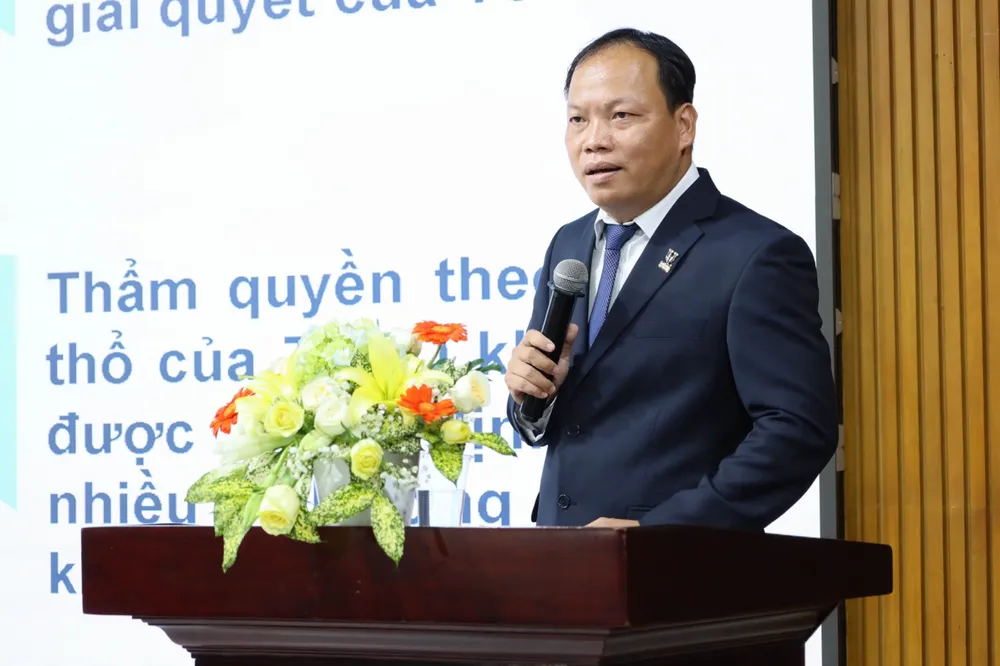
At the workshop, Dr. Le Viet Son, Head of the Department of Administrative Procedure Law, Faculty of Administrative Law - State, Ho Chi Minh City University of Law, commented that previously, according to the Law on Administrative Procedures 2015, the jurisdiction of first instance trial was divided between the District People's Court and the Provincial People's Court, but in practice, most VAHC cases were under the jurisdiction of the Provincial People's Court. From now on, the Regional People's Court is the only level with jurisdiction to hear VAHC cases at first instance, so the number of cases accepted is expected to increase significantly.
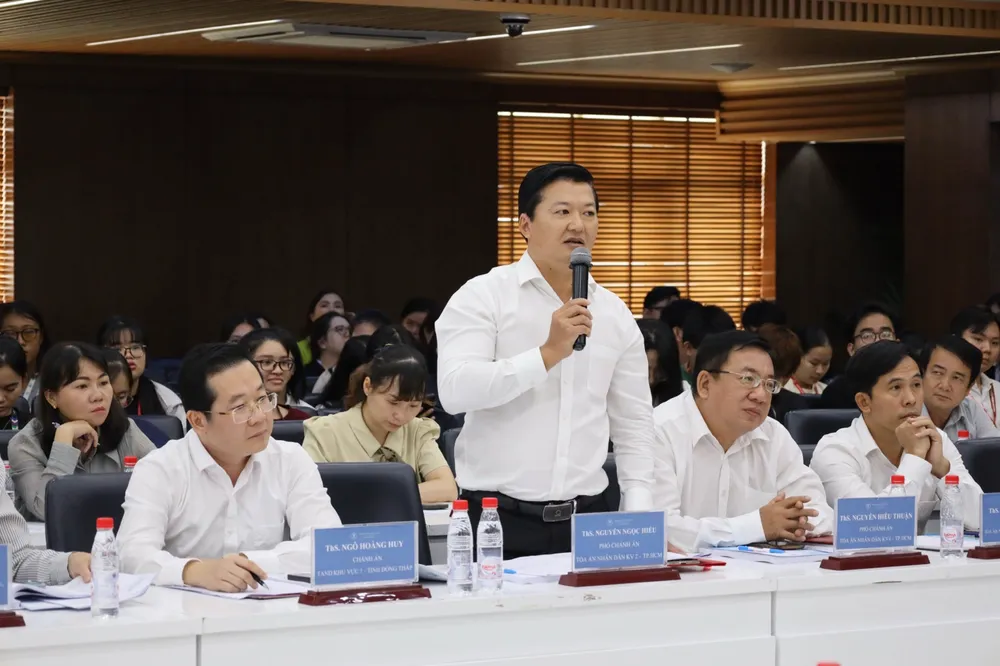
Agreeing with the above assessment, Mr. Nguyen Ngoc Hieu, Deputy Chief Justice of the People's Court of Region 2 - Ho Chi Minh City, cited that the territorial jurisdiction of the People's Court of Region 2 is the area of Thu Duc City (formerly). This is also a "hot spot" of Ho Chi Minh City in terms of the number and complexity of administrative cases. Currently, the People's Court of Region 2 still has about ten VAHC cases related to the Thu Thiem urban area, which are facing many difficulties and problems.
To solve the current difficulties, Dr. Le Viet Son said that the Court sector needs to quickly increase the number of highly qualified judges for the regional People's Courts from the source of judges from the former High People's Courts and provincial People's Courts to ensure that the trial activities at the regional People's Courts for VAHC are correct, objective and timely.
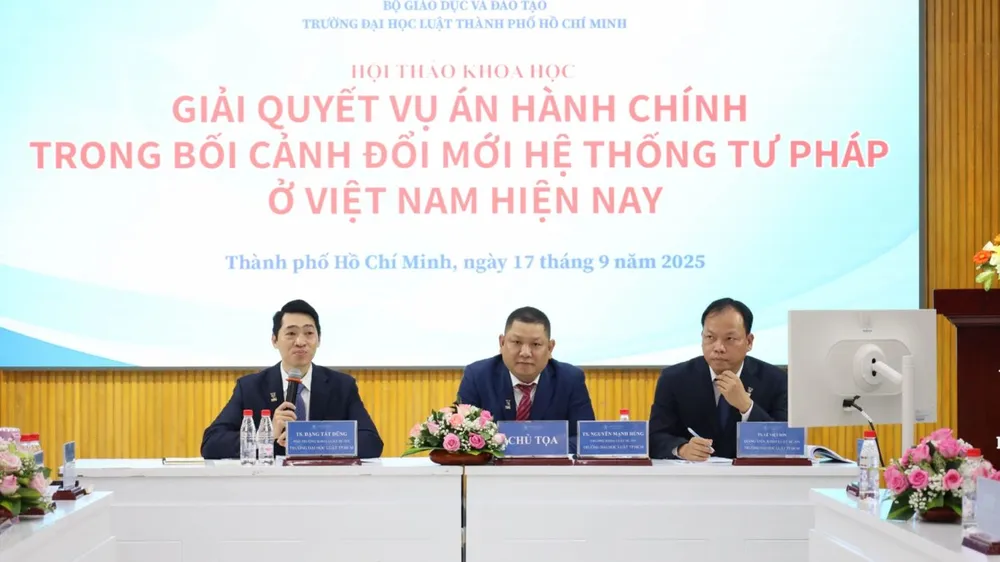
“Most judges of the regional People’s Court originally came from the district-level People’s Court – where the number of administrative cases previously handled was not large. This has resulted in many judges having little or no experience in handling administrative cases, which can easily lead to confusion and mistakes when assigned to handle this type of case,” Dr. Le Viet Son explained.
Comments on the Draft Resolution of the Supreme People's Court's Council of Judges guiding the application of a number of provisions of the Law on Administrative Procedures 2025.
At Point b, Clause 2, Article 31 of the Law on Administrative Procedures for Administrative Violations, it is stipulated that in case the plaintiff does not have a place of residence, workplace or headquarters within the same provincial administrative boundary as the defendant, the jurisdiction to resolve the case belongs to the Court where the administrative decision or administrative act being sued gives rise to, changes, limits or terminates the legitimate rights and interests of the plaintiff.
This is a new provision in the method of determining territorial jurisdiction compared to previous provisions of the 2015 Law on Administrative Procedures. The draft Resolution guides the determination of jurisdiction according to 3 criteria: the place where the administrative violation occurs, the place where the administrative act is performed, or the place where the subject of the decision or administrative act affects. If the above criteria cannot be determined, the place where the competent authority or person issues the decision or performs the administrative act will be taken.
According to experts, this provision is favorable for the state agency being sued because it is located in the same province as the regional People's Court, but disadvantageous for the plaintiff. When residing in another province, they have to travel far, increasing costs and facing barriers to access to justice. This goes against the principle of ensuring the legitimate rights and interests of the plaintiff.
Therefore, it is necessary to review and adjust the provisions in the draft Resolution. In case the jurisdiction cannot be determined according to the above criteria, it should be allowed to be determined according to the place of residence, workplace or headquarters of the plaintiff. This approach will contribute to better protecting the rights of the plaintiff, while ensuring the rationality and fairness in the VAHC trial activities of the regional People's Court.
Source: https://www.sggp.org.vn/can-tang-cuong-tham-phan-giai-quyet-an-hanh-chinh-o-cac-tand-khu-vuc-post813417.html



![[Photo] General Secretary To Lam chairs a working session with the Standing Committee of the Government Party Committee](https://vphoto.vietnam.vn/thumb/1200x675/vietnam/resource/IMAGE/2025/9/17/cf3d855fdc974fa9a45e80d380b0eb7c)




![[Photo] Science and Technology Trade Union honors exemplary workers and excellent union officials](https://vphoto.vietnam.vn/thumb/1200x675/vietnam/resource/IMAGE/2025/9/17/842ff35bce69449290ec23b75727934e)
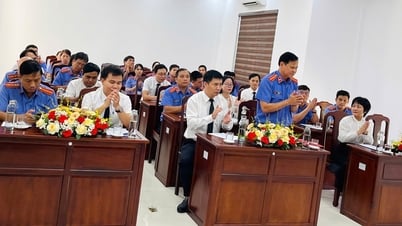

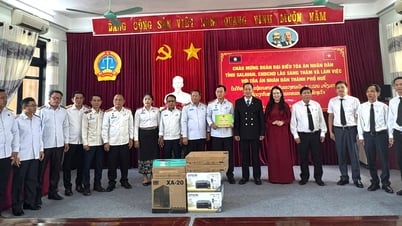











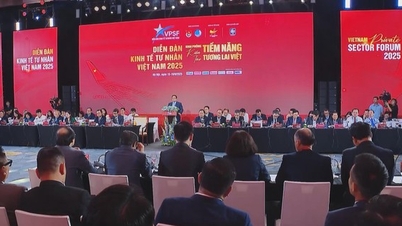











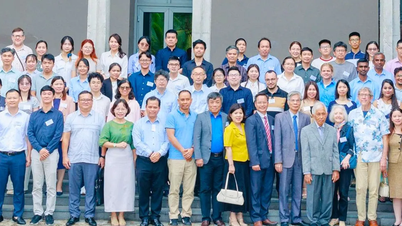


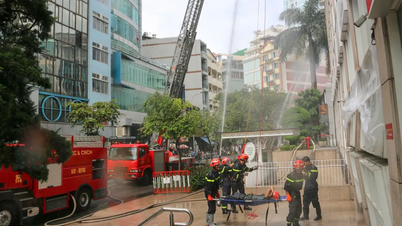






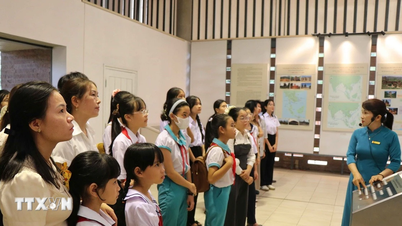






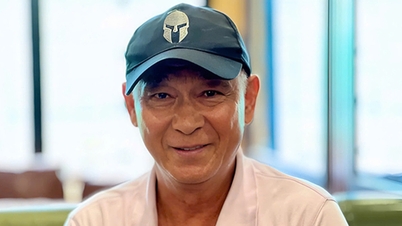

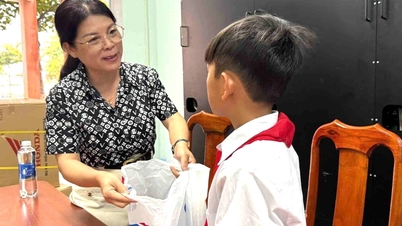
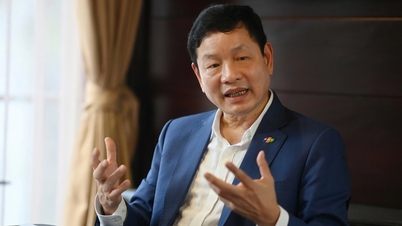
























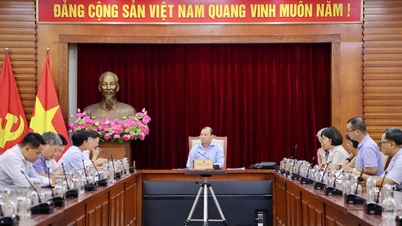













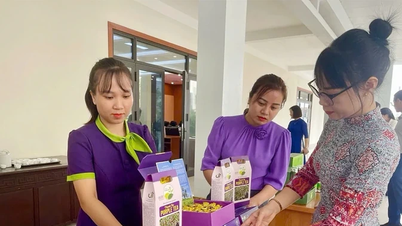












Comment (0)